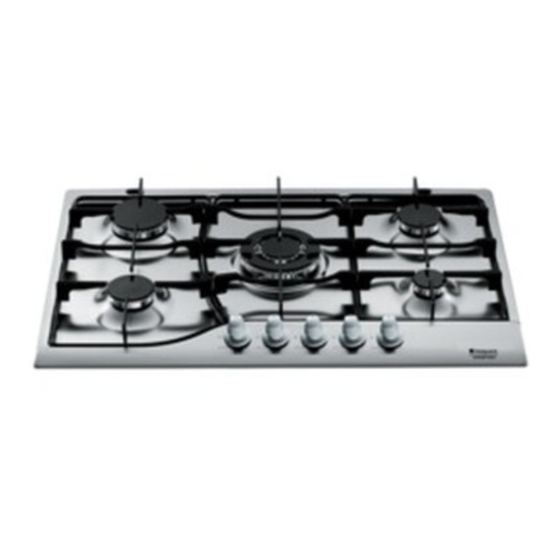
• Do not let children play with the appliance.
• The appliance is not intended to be operated by
means of an external timer or separate remote-
control system.
Disposal
• When disposing of packaging material: observe local
legislation so that the packaging may be reused.
• The European Directive 2002/96/EC on Waste
Electrical and Electronic Equipment (WEEE), requires
that old household electrical appliances must not
be disposed of in the normal unsorted municipal
waste stream. Old appliances must be collected
separately in order to optimise the recovery and
recycling of the materials they contain and reduce
the impact on human health and the environment.
The crossed out "wheeled bin" symbol on the product
reminds you of your obligation, that when you dispose
of the appliance it must be separately collected.
Consumers should contact their local authority or retailer
for information concerning the correct disposal of their
old appliance.
Maintenance and care
Switching the appliance off
Disconnect your appliance from the electricity supply before
carrying out any work on it.
Cleaning the appliance
! Do not use abrasive or corrosive detergents such as stain
removers, anti-rust products, powder detergents or sponges with
abrasive surfaces: these may scratch the surface beyond repair.
! Never use steam cleaners or pressure cleaners on the
appliance.
• It is usually enough to wash the hob with a damp sponge
and dry it with absorbent kitchen roll.
• The removable parts of the burners should be washed
frequently with warm water and soap and any burnt-on
substances removed.
• For hobs which ligth automatically, the terminal part of
the electronic instant lighting devices should be cleaned
frequently and the gas outlet holes should be checked
for blockages.
• Stainless steel can be marked by hard water that has
been left on the surface for a long time, or by aggressive
detergents containing phosphorus. After cleaning, rinse
and dry any remaining drops of water.
Gas tap maintenance
Over time, the taps may become jammed or difficult to turn.
If this happens, the tap must be replaced.
! This procedure must be performed by a qualified
technician authorised by the manufacturer.
Troubleshooting
It may happen that the appliance does not function properly
or at all. Before calling the service centre for assistance,
check if anything can be done. First, check to see that there
are no interruptions in the gas and electrical supplies, and,
in particular, that the gas valves for the mains are open.
The burner does not light or the flame is not even
around the burner.
Check whether:
• The gas holes on the burner are clogged.
• All the movable parts that make up the burner are
mounted correctly.
• There are draughts near the appliance.
The flame dies in models with a safety device.
Check to make sure that:
• You pressed the knob all the way in.
• You keep the knob pressed in long enough to activate
the safety device.
• The gas holes are not blocked in the area corresponding
to the safety device.
The burner does not remain lit when set to minimum.
Check to make sure that:
• The gas holes are not blocked.
• There are no draughts near the appliance.
• The minimum setting has been adjusted properly.
The cookware is unstable.
Check to make sure that:
• The bottom of the cookware is perfectly flat.
• The cookware is positioned correctly at the centre of the
burner.
• The pan support grids have been positioned correctly.
GB
17
